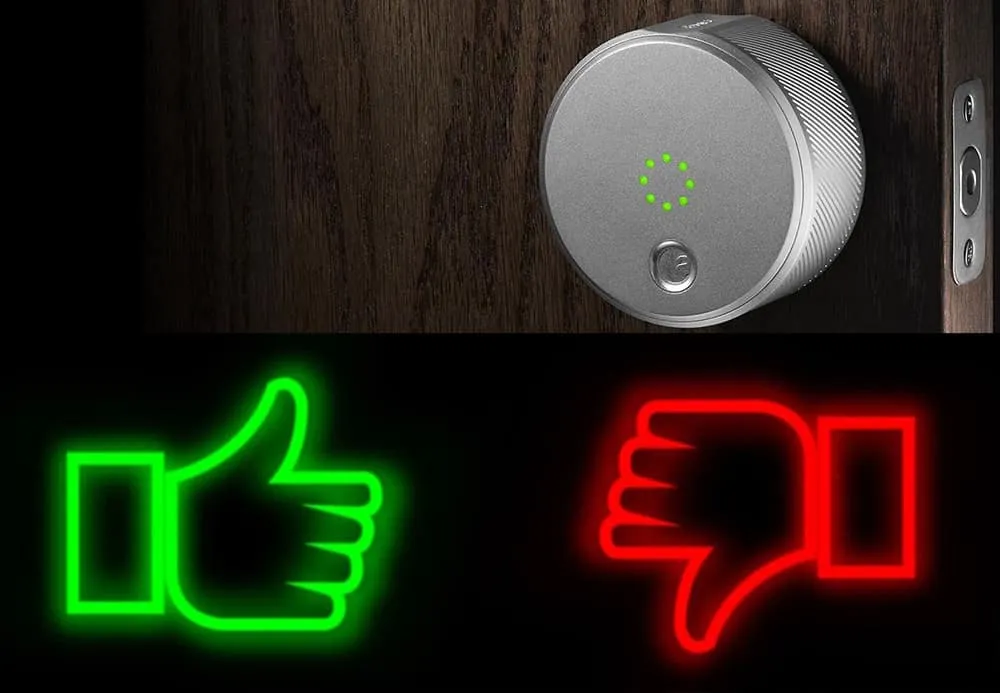
In the United States, and all throughout the world, smart locks have become some of the most popular home technology products in recent years. According to one market report (click here to see the report from Grand View Research), the global market for smart locks is expected to hit $24 billion by the year 2024, and over 34 million units sold by the year 2027. Doesn’t that seem crazy? That means a sharply growing number of smart locks with various functions and options on houses all around us. But is a smart lock a good choice?
Smart locks are often considered one of the most important additions to a smart home. In addition to unlocking the door without a key, you can also track the coming and going of everyone who goes through that door. Most smart locks will also allow you to assign individual permissions to different people like friends, family, or service professionals. There are also a few smart locks that work with voice assistants, and other features, that are on the cutting-edge of technology.
Choosing the right lock for your front door is an important decision. Ultimately, you want a lock that is going to keep the contents in the house (both living and material) safe and secure. There are many pros and cons to having a smart lock, and it all comes down to the type of lifestyle you live.
Smart locks are a great option for people on the go or who love technology and new gadgets. The keyless part of smart locks may appeal to older individuals and all those who enjoy not needing keys to get into their home. If you are on the fence about what lock system is best for you, speak to a professional, such as a locksmith who is knowledgeable about smart locks, who can further clarify any questions or concerns you have. At the end of the day, you may have to test out a coupe top options to see which one you are happiest with.
So, are you considering upgrading from a traditional lock to a smart lock? Before you make the jump from a traditional door lock to a keyless system, there are some pros and cons to consider.
Pros
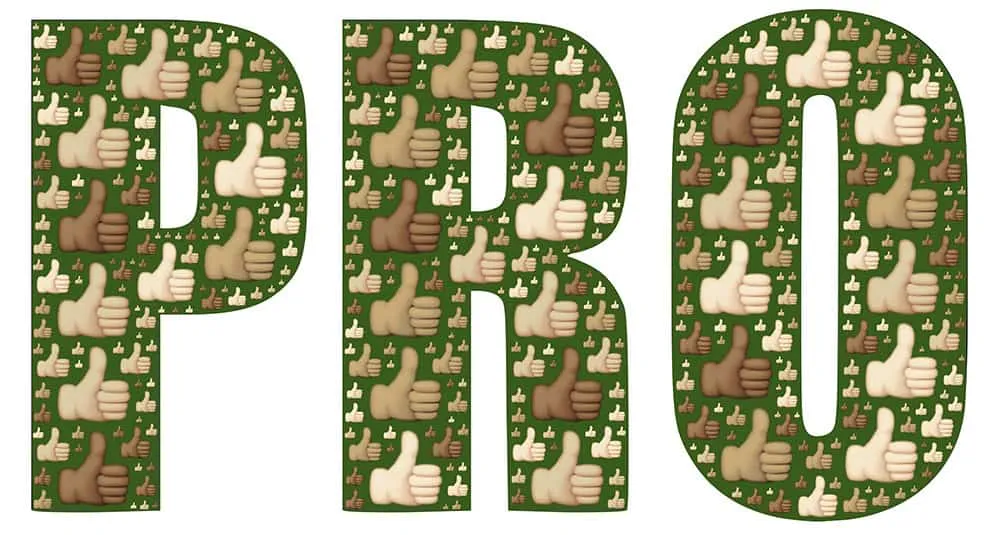
A smart lock is typically controlled by a smartphone, eliminating the need to use keys. They are far more advanced than traditional locks in that they can be equipped with some fancy features. For instance, some smart locks have multiple access solutions, facial recognition, automatic locking, and alarm integration. Also, smart locks eliminate the fear of forgetting if you have locked your front door while at work, or wherever you have gone, because you can check to see if it’s locked, or you can setup the smart lock so that it locks itself if you leave.
Ease Of Entry & Convenience: No “Keys” needed

With a smart lock, you won’t have to fumble around in your pocket or purse for your keys, or jiggle the key in the lock to get it to open.
Losing or misplacing your keys is an age-old human experience. It i something we have all done. First, there were keychains and lanyards to help keep our keys close to us, and then in recent years, there are electronic tracking devices. Smart locks completely eliminate the problem because you no longer need keys. Smart locks sync up with your smartphone and a free app from the manufacturer is able to lock and unlock your door.
Think of all the times you’ve fished around in your bag, and your heart rate begins to rise. Now in a panic as you realize you locked yourself out. Have you ever upended everything in your house trying to find those keys? And it always seems to happen when you are already running behind schedule. These days we always have our phones on us, so smart locks give us one less thing to keep track of and one less thing to worry about.
Here are some other ways that smart locks are convenient:
Now some of you are probably thinking about times where you have lost your phone, or maybe just left it at home. If you do happen to forget your phone, or if it runs out of battery, many smart locks have options to work around this. For example, lots of smart locks have keypads so you can gain entry that way. Some go a step further to make keypads with shifting numbers so potential burglars can’t guess your code via finger smudges. Other models have fingerprint recognition, and the fanciest ones have facial recognition.
What if you don’t mind carrying around a key? If it makes you more comfortable, there are smart lock options that make it so you can keep your old key. Several smart lock models install over your existing deadbolt hardware, so your old key still works in the event that you don’t have your phone on you.
Smart lock models that connect to your Wi-Fi can detect your smartphone location, so it locks after you go out or unlocks as you approach. This is known as geo-fencing. Smart locks usually have a feature so you can schedule to it lock at certain times, for example, at bedtime. You can sleep easy knowing your home automatically locks at bedtime. I know there have been lots of times in the past where I have left the front door unlocked over night, only to discover it when I leave the next day.
Grant & Monitor Access: Know When Kids Are Home!
Ask yourself these questions: Have you ever had a key hidden somewhere outside? How many copies of your key have you made? Do you know where all those keys are and how many people possess a key to your house? Hopefully these questions help illuminate the difference between a smart lock and a traditional lock.
No more hidden keys. No more copies. You are in control. In my opinion, this is one way in which the smart lock is safer than a traditional lock. Only you hold the keys.
If you are expecting guests, a house sitter, house cleaner, or any other person to come by while you’re away from home, you can setup special access codes for each person, or group of people. These codes can be set for certain time frames, along with an expiration time for each code. You’ll never have to ask your key back from anyone or keep track of how many copies you’ve made. It’s all right there at your fingertips.
If you are worried that someone with a key, such as the previous tenant or property owner, may try to enter your home, you can just change the access code, assuming you have a smart lock that doesn’t have a keyed option. This will save you the hassle and cost of changing the lock.
Related to the perks of going keyless and controlling your smart lock on your phone, as previously mentioned, is the ability to grant access and unlock your front door when you are nowhere to be found. If you are away from home, and your dog walker stops by, you can let them in with a tap on your smartphone, and lock the door behind them as they leave. If a friend is coming by to water your houseplants while you’re out of town, you can let them in no matter where you are. Hopefully it’s on a nice vacation.
Here are two more scenarios I could think of:
- A friend stops by for dinner, but you are in the kitchen trying to make sure nothing gets burned, including the kids that are complaining how hungry they are. You can unlock the door quickly from your phone, without burning down the house
- Perhaps you live in California and a brush fire is racing toward your home. The neighborhood has been ordered to evacuate, but you are across town, 30 minutes away. You can remotely unlock the door so a neighbor can grab your cats or dogs and take them to safety.
Smart Home Connectivity
If you have other smart home devices, you may be able to interconnect them and add home automation. For example, say, certain smart lights turn on when you unlock the door, based on the time of day.
If you are integrating a smart lock into a house that’s already got some “smarts” to it, the convenience factor of a smart lock multiplies . Your imagination becomes the limit. Think about syncing up your smart lock with cameras, thermostats, lights, and whatever else you can think of.
From a security standpoint, smart locks can work hand and hand with security cameras or smart doorbells. When someone rings your doorbell, you can immediately see who it is and if you recognize them, and then unlock the door if you want to let them in. You can also set your security cameras to record when someone unlocks, or tries to unlock, your front door.
A smart lock synced up with the rest of your smart devices can help out in other ways more related to convenience than security. As I eluded to earlier, imagine coming home and your lights are automatically turn on to the color and brightness that you like for that time of day, and your thermostat changes to your perfect temperature. It’s already nice to get home after a long day, or even after vacation, but this is the cherry on top. All of this is made possible with an integrated smart lock. Of course, all of this could be done with geo-fencing as well, but not everybody want their location tracked.
If you have a voice assistant, such an Amazon Alexa, you may now have a method of locking and unlocking your door by using just your voice. No hands required. If people are waiting at your door outside and you have your hands busy, you can easily let them in. Remember that kitchen scenario earlier? Hands-free would be nice while working in the kitchen. And at the end of the day, you can prepare your house for the night and lock your door with one voice-command, if you don’t already have it set to lock based on time.
Appearance
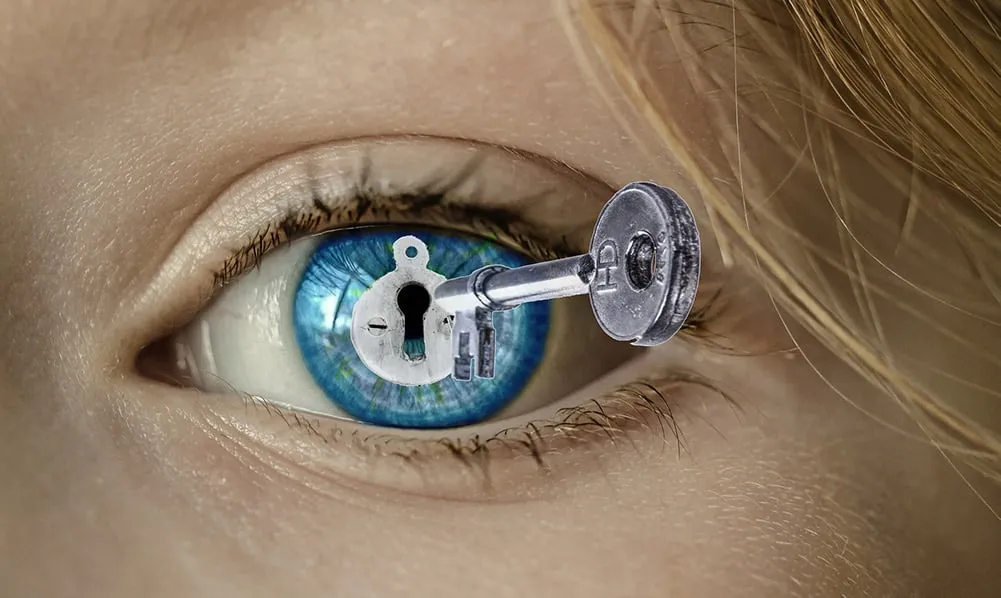
Looks matter, right? Having a smart lock on your door can indicate to visitos that you are modern and cool. There are lots of smart lock models, so you’re sure to find one that fits your style.
Lots of smart lock models have a high-tech appearance. From touch screen keypads to fingerprint readers, these locks bring your front door into the 21st century. The Yale Assure Smart Lock even has a keypad whose numbers only appear when in use.
For those that don’t want outsiders to know they have a smart lock, there are options that feature a traditional deadbolt. For example, the Kwikset Kevo Traditional Touch-to-Open Lock looks like a normal deadbolt, but locks and unlocks with just a touch of the lock.
Selling Your House
If you’re thinking about selling your home, a realtor might recommend to plant some flowers, give the house a new coat of paint, and if you are serious about selling to millennials and reaching a broader market, they might suggest to add a smart lock, a smart doorbell, or smart lights… or better yet all three.
A smart lock may entice a younger generation to be more interested in your house.
A good Wi-Fi connection tops the list for the hottest high-tech upgrades that millennials want. That said, approximately three-fourths of younger buyers want home security systems that they can access from their smart phones, according to a survey by Chicago-based Protection 1.
And according to Protection 1, a part of ADT, millennials are almost twice as likely than any other age group to pay more for a home that includes so-called “smart technology.”
Protection From Lock Picking
Lastly, Traditional locks may be subject to lock picking or lock bumping. These are common methods that thieves use to try to open locks when they don’t have a key. Some smart locks don’t have a a physical key, therefore eliminating the risk of this kind of break-in. That doesn’t, however, necessarily make smart locks more secure. (More about this below under “Hacking”.)
Cons
There are some major concerns with smart locks, What if your phone is lost or stolen? The person who has your phone could potentially locate your home and use your phone to get in without any trouble. Another concern is a smart locks ability to be hacked. This is a constant evolving space, so be sure to keep your locks updated.
Speaking of updates, your smart lock technology is advancing each and every day. Smart locks are vulnerable to malfunctioning after an upgrade, which leaves opens the possibility of not being able to open your door or being able to lock your door when you leave. And Remember, technology can fail at any time. Smart locks are pretty reliable, but their is still the possibility.
Hacking
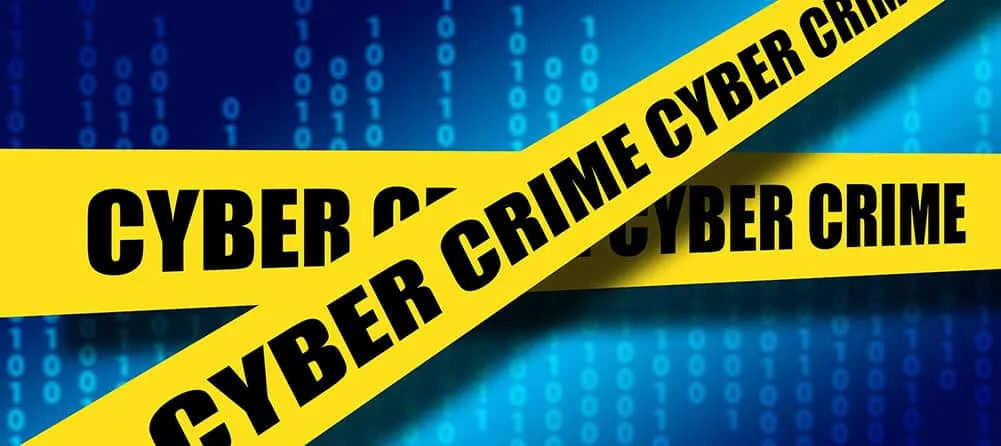
Cyber Attacks happen all the time. If your smart lock is connected to the internet, your lock can be hacked as just as easily as your Wi-Fi. Smart lock manufacturers are starting to realize the importance of this and are making cyber-attack resistance a priority. This is one reason to buy a name brand smart lock, instead of a cheap knock off or one that is made in a questionable country.
Keep in mind that there is only so much they can do to stay one step ahead of hackers. In this digital day and age, I would think there are certainly more expert hackers out there than lock-pickers.
With this, some people say that security should not be the reason you upgrade to a smart lock. The tried-and-true method of the traditional deadbolt may be more secure than the new smart locks. Remember, lock-makers have been developing and perfecting the current traditional lock model for over 150 years.
As a counter argument, if your smart lock is hacked, the hacker will also need to know the physical location of the smart lock in order for it to be of any use to them.
In any case, how many burglars go through the front door? If your chief concern is the security of your home, a lock is not going to solve all your problems.
Lost & Stolen Phones
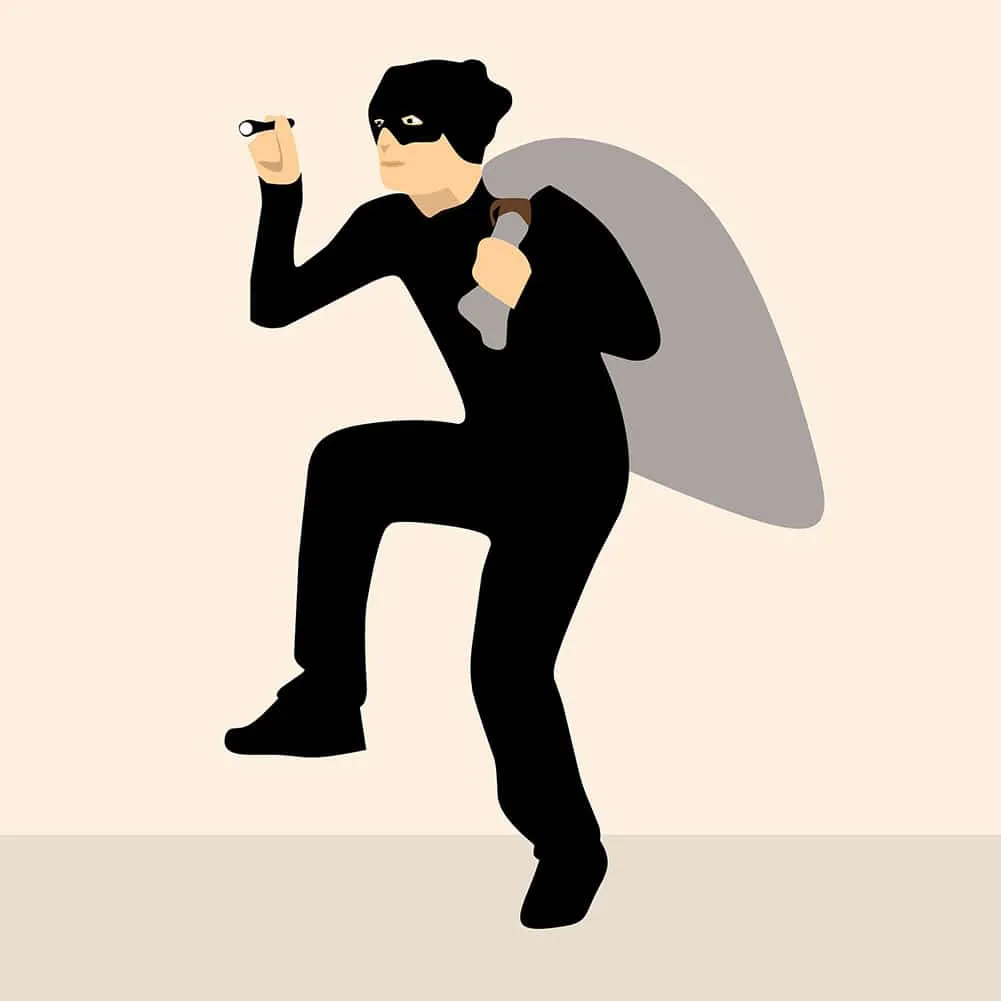
This section is more aimed at smart locks that rely on your phone, and not so much about smart locks with keypads. The points below become a moot point when there is a keypad available.
Ever had your phone stolen? A smart lock is vulnerable by way of your phone. Since your phone is the key, if someone is able to access your phone, they not only have access to personal information such as your text messages, and emails, but also an open door to your whole house.
Smart locks communicate with your phone, usually via Bluetooth or Wi-Fi. If your phone is stolen, you lose it or it dies, you could get locked out if you don’t have another means of getting in. Also, if Wi-Fi goes down, perhaps due to a power outage, you wouldn’t be able to use remote unlocking or other features that rely on a Wi-Fi connection.
One of the big conveniences of the smart lock is not having to worry about keys. But it does mean you have to keep on top of your phone. Smart lock manufactures are usually prepared with a back up plan though. That plan depends on the manufacturer.
That said, staying on top of where your phone is, is not a problem for most people these days. But if you’re not super attached to your phone, beware! Not only will you have to take your phone with you whenever you leave the house, but you will also have to make sure that it is charged enough to make it back.
And one more phone related point. If you are someone who wants to spend less time on your phone, smart locks may have the opposite effect. Smart locks give you one more reason to constantly be checking your phone.
Batteries
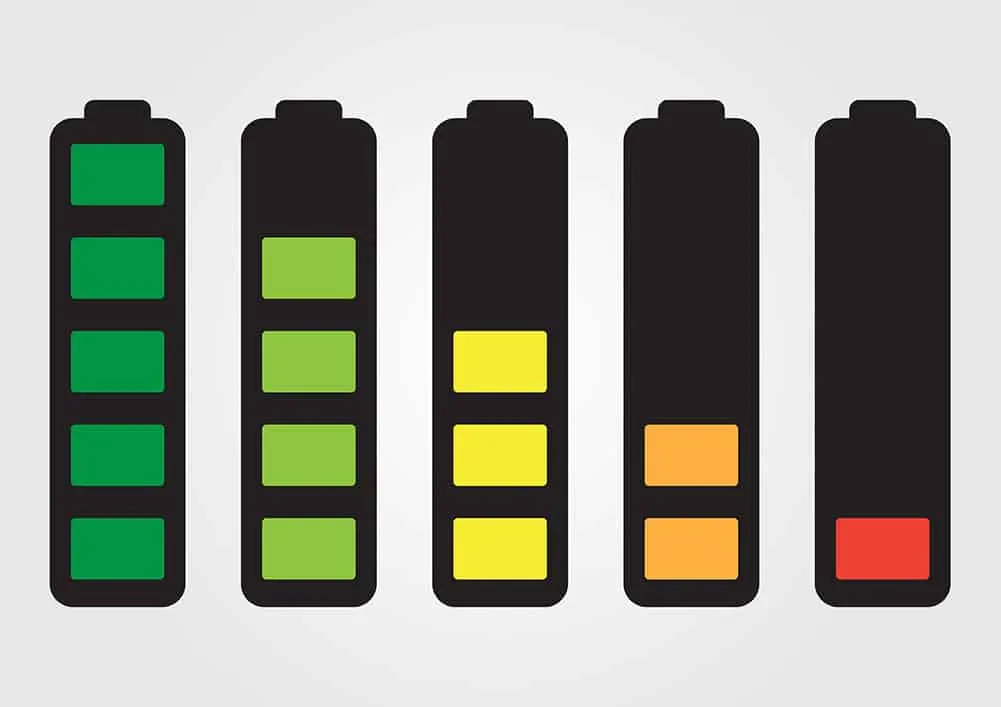
Unlike traditional locks, smart locks are battery powered systems, and we all know batteries can die. This is one notification you will want to pay attention too. Be sure to change the battery when the smart lock says it is low, or risk being locked out.
Smart locks typically run on batteries and are therefore immune to blackouts (although your Wi-Fi is not), and they usually have a bypass if your usual method of unlocking is not functioning correctly.
As I just mentioned, these battery powered devices require some maintenance, that is, periodically changing the batteries. That means the convenience of your new smart lock is somewhat diminished by a small amount of inconvenience. You previously have never had to change the batteries in a lock before.
People are adept to changes, and you will naturally adjust to the change I’m sure. Just like people have adapted to charging our modern version of books, if we have tablets or e-readers. Changing the batteries in the lock will become just another chore.
Internet Required
A lot of the convenience of your smart lock depends on the internet.
If your Wi-Fi is down, your lock becomes just a lock, and all the modern convenience is gone. It doesn’t really matter if the lock can’t communicate with the lights or set the thermostat when you can’t unlock the door.
If the Wi-Fi is out, your lock will lose its remote capabilities. You will no longer be able to check who has used the lock, check to see if your door is locked, or give access to people who show up when you are not home. In some cases, this could prove more than just inconvenient. It could potentially undermine the security of your smart lock if you have to explain over the phone how to bypass the lock to your house keeper. Hopefully its just a code you can change later.
Lastly, if the Wi-Fi connection is bad between your router and your lock, it could be pretty frustrating. The reason you spent the $200 for a smart lock was for some of these features. So, make sure that your Wi-Fi is going to be reliable and that you have a strong Wi-Fi signal where you plan to install the lock. It not, pick up a Wi-Fi extender, or upgrade to a mesh network. With this in mind, it’s not a bad idea to plan now for how to deal with the occasional W-Fi disruption.
Cost

Smart locks cost significantly more than traditional locks. Add in the cost of a pro if you need one to install the lock, and perform the setup of connecting it to your phone and Wi-Fi network. Smart locks can also be pricey to fix if you have some sort of problem, although this is less common.
A baic traditional deadbolt will only cost you about $10. The fancy, better looking, more secure deadbolts will run you $50. Installation would likely double the price, but chances are you can install a new one yourself, and there is no tech setup involved. Replacing a deadbolt you already have is a fairly straightforward process
On the other hand, smart locks cost a lot more, starting around $150 and up from there. That is quiet the difference, considering you probably already have a lock that still works fine. In addition, installation isn’t as simple. especially if you are not a tech savvy person. (If you are building up a smart house, hopefully you’re become more tech savvy!)
Keep in mind that is the price for only a single door. If you want to add a smart lock to other entry doors, such as a back door or a side door, it’s going to cost you at least $150 for each door. Keep this in mind if your budget is a limiting factor.
There is also some maintenance involved in smart locks, as I have mentioned before. That maintenance is changing out the batteries. Most smart locks come packaged with batteries, but they will need to be changed out every so often. It’s not much, but it will add a small amount to the overall cost. This is a cost you won’t have with your battery-free traditional lock.
Conclusion
Gone are the more simple days, where a lock in the doorknob and deadbolt were enough. A smart lock is the future of locking your home to keep everyone safe. With a smart lock, it’s possible to make sure your home is accessible to your kids when they come home from school, to yourself when you have your hands full, to a babysitter or housekeeper, or friends, family, and neighbors. This can now all be done in a controlled, and monitored, way. Gone are the days of worrying about who has keys to your house, or where those keys are. And no more lost keys!
There are lots of options for smart locks. Regardless of what smart lock you choose, be sure to examine it for the features to improve the quality of your life, the safety of your family, and the ability to rest assured that your home is protected in the best way possible. My one suggestion is to go with a name brand smart lock to ensure that it is constantly being updated to protect against cyber attacks.
